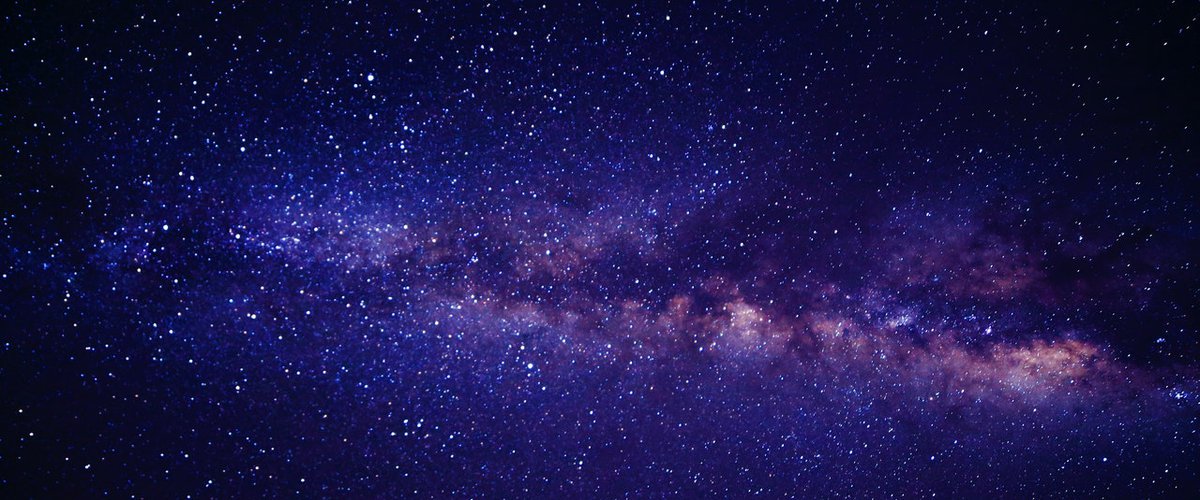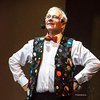- DURATION 8 x 60 mins
Event Description
Astronomy Before The Telescope (5) (24th August)
We are used to hearing of fantastic discoveries made today by astronomers using powerful telescopes. Astronomers from around the world have studied the night sky for thousands of years. Using very simple equipment they made many fantastic discoveries, and some things they got very wrong. This is their story.
Thomas Cooke: Telescope Maker to the Empire (6) (31st August)
Fans of BBC’s Antiques Road Trip might have spotted me talking to David Harper about Thomas Cooke. Born into a poor family, this is a rags to riches story about a self-taught man who would go on to become one of the greatest telescope makers. He built what was at the time the biggest telescope in the world, made a telescope for Prince Albert and even built steam cars.
Guide to the Autumn Sky (7) (7th September)
Here is a chance to take a tour of the night sky during the autumn months, learning how to find the Plough and the North Star. Discover what stars can be seen in the autumn sky and their myths and legends. Then discover if there are any planets or meteor showers visible this autumn.
Celestial Hide and Seek (Eclipses, Transits and Occultations) (8) (14th September)
An eclipse of the Sun is one of the grandest sights in nature. The Moon passes in front of the Sun and daylight becomes darkness for a short period of time. We cannot be surprised that people living in the past were terrified by this spectacle. We will see how eclipses of the Sun and Moon occur, how they have affected history and how transits and occultations can help astronomers better to understand the solar system.
Past talks:
A Ramble through the Solar System (1) (6th July)
Take a journey to explore our local star, the Sun, together with eight planets, some which were known to astronomers living thousands of years ago and some that have been discovered in more recent times. We will learn about their moons together with the smaller bodies; the dwarf planets, asteroids, comets and meteors that complete our solar system.
Guide to the Summer Sky (2) (13th July)
Here is a chance to take a tour of the night sky during the summer months, learning how to find the Plough and the North Star. Discover what stars can be seen in the summer sky and their myths and legends. Then discover if there are any planets or meteor showers visible this summer.
The Great Northern Eclipse – A Grand Day Out (3) (20th July)
In 1927 a total eclipse of the sun, a rare and amazing sight, was observable from North Wales to the North East coast of England. It was the first total eclipse seen in Britain for over two hundred years, and over a million people travelled north by train, charabanc and car to see a spectacular celestial event that lasted just thirty seconds. Perhaps your grandparents were among them. Join me for the story of the 1927 eclipse.
Anglo-Saxon Astronomy (4) (27th July)
The Anglo-Saxon period is often known as the Dark Ages because of the lack of information we have about this period of time, but astronomically it could not be more interesting. During this time there were several major events with global effects. It was a time of diverse views about the heavens in Britain, with Celtic, Greek, Saxon and Viking ideas all competing with each other.
- Duration: 8 x 60 mins
- Online Zoom event: Join from your computer, phone or tablet (no replay available)
Martin studied for his degree in astrophysics while working as a guard on British Rail in the 1970s. Before taking early retirement he was Curator of Astronomy at the Yorkshire Museum in York, and in 1998 he was presented with an MBE for services to astronomy and education. Martin is a Fellow of the Royal Astronomical Society.
Today, in addition to presenting lectures, Martin writes a monthly feature for local newspaper ‘The Craven Herald’, which covers the Yorkshire Dales. He has his own weekly radio show on a local community radio station, Drystone Radio. Martin also featured on an episode of BBC ‘Antiques Road Trip’ as guest expert on the York based telescope and instrument maker Thomas Cooke.
Preparing for the Event
For the best experience, you will need to have Zoom downloaded onto your computer. Please ensure you're connected to broadband/wifi rather than using your mobile phone connection (3G/4G).
We also recommend that pets are either calmly sitting on your lap or in another room, and any refreshments you may require are within your reach!
More Information
What if I can’t make the event?
If a recording’s available for the event, you can still register for it and we will send you an email with a link to a recording shortly after it ends.
Will my camera be on and will I be visible to the other people?
Your camera and microphone does not need to be on for you to enjoy the event. The choice about whether to do this is completely yours.
How do I watch the live event?
Rest Less events are hosted on Zoom, a computer application that allows you to attend online events just by clicking a link. For detailed instructions, please go to our "FAQ" page, which you can find a link to in the nav bar at the top of the page.
How do I sign-up for and access the recording? (Recorded events only)
Book the event as normal (as if you are attending live). After the event ends you will automatically receive a post-event email with a link to the recording, as long as the event was recorded. You do not need to do anything else and there is no separate booking process for recordings only. Please note it can take up to 24 hours for Zoom to process recordings.

